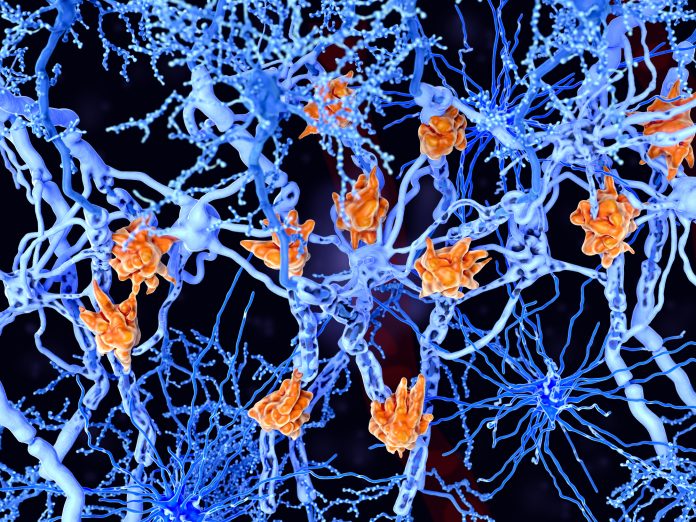
A new study links early development of two particular multiple sclerosis (MS) symptoms— blurry vision and bladder or bowel sphincter problems—and long-term disability outcomes. These findings could impact MS care leading to more personalized treatment based on such early signs.
The research was published in the latest issue of Brain Medicine and was led by João Pedro F. Gonçalves from the Federal University of Bahia, Brazil.
The study analyzed data from 195 MS patients, focusing on their symptoms at disease onset and subsequent functional outcomes. The team’s findings challenge some previously held beliefs about MS progression and offer new avenues for personalized treatment.
According to the National MS Society, as of 2019 almost one million people in the United States had received a diagnosis of multiple sclerosis. It is estimated that 2.8 million people in the world have MS. Key symptoms are: blurred or double vision, red-green color distortion, pain and loss of vision because of optic neuritis, trouble walking and difficulty with balance, bladder or bowel issues, and numbness, prickling, or pins and needles (paresthesia).
Key findings of Gonçalves’ team’s study include:
- Patients presenting with acute blurry vision at onset had 20% higher odds of worse functional outcomes.
- Those experiencing sphincter dysfunction (such as bladder or bowel issues) at onset had 24.5% higher odds of developing more severe disability.
- Contrary to some previous studies, symptoms like acute paralysis and numbness were not independent predictors of worse outcomes in the long term.
To correlate initial symptoms with long-term functional status the researchers used the Expanded Disability Status Scale (EDSS), a widely recognized tool for quantifying disability in MS patients.
Gonçalves and his team said their work raises questions about the underlying mechanisms of MS progression: Why do visual disturbances and sphincteric symptoms seem to herald a worse disease course? Could these symptoms indicate more extensive initial damage to the central nervous system? Or do they perhaps reflect a different subtype of MS that warrants more aggressive early treatment?
It also raises the question of how this new information might be integrated into current MS treatment guidelines. Should patients presenting with these specific symptoms be fast-tracked for more intensive therapies? What role might emerging biomarkers play in conjunction with these clinical indicators to further refine prognostic accuracy?
The study further highlights the complex interplay between various MS symptoms and their impact on patient quality of life. While some symptoms like acute paralysis might initially seem more severe, less obvious issues like blurry vision or bladder dysfunction could be more predictive of long-term challenges.
“These findings could potentially reshape how we approach initial MS treatment decisions,” notes Gonçalves. “By identifying patients at higher risk for severe disability early on, we may be able to intervene more aggressively and potentially alter the disease course.”
The research team acknowledges some limitations of the study, including potential recall bias in symptom reporting and the need for prospective studies to confirm their findings. Nevertheless, they believe this work represents a significant step forward in understanding MS progression and individualizing patient care.
Several other big questions emerge from this study, the researchers said: How might these prognostic indicators interact with genetic and environmental risk factors for MS? Could targeted interventions for patients with these high-risk symptoms lead to improved long-term outcomes? And how might these findings influence the development of next-generation MS therapies?





